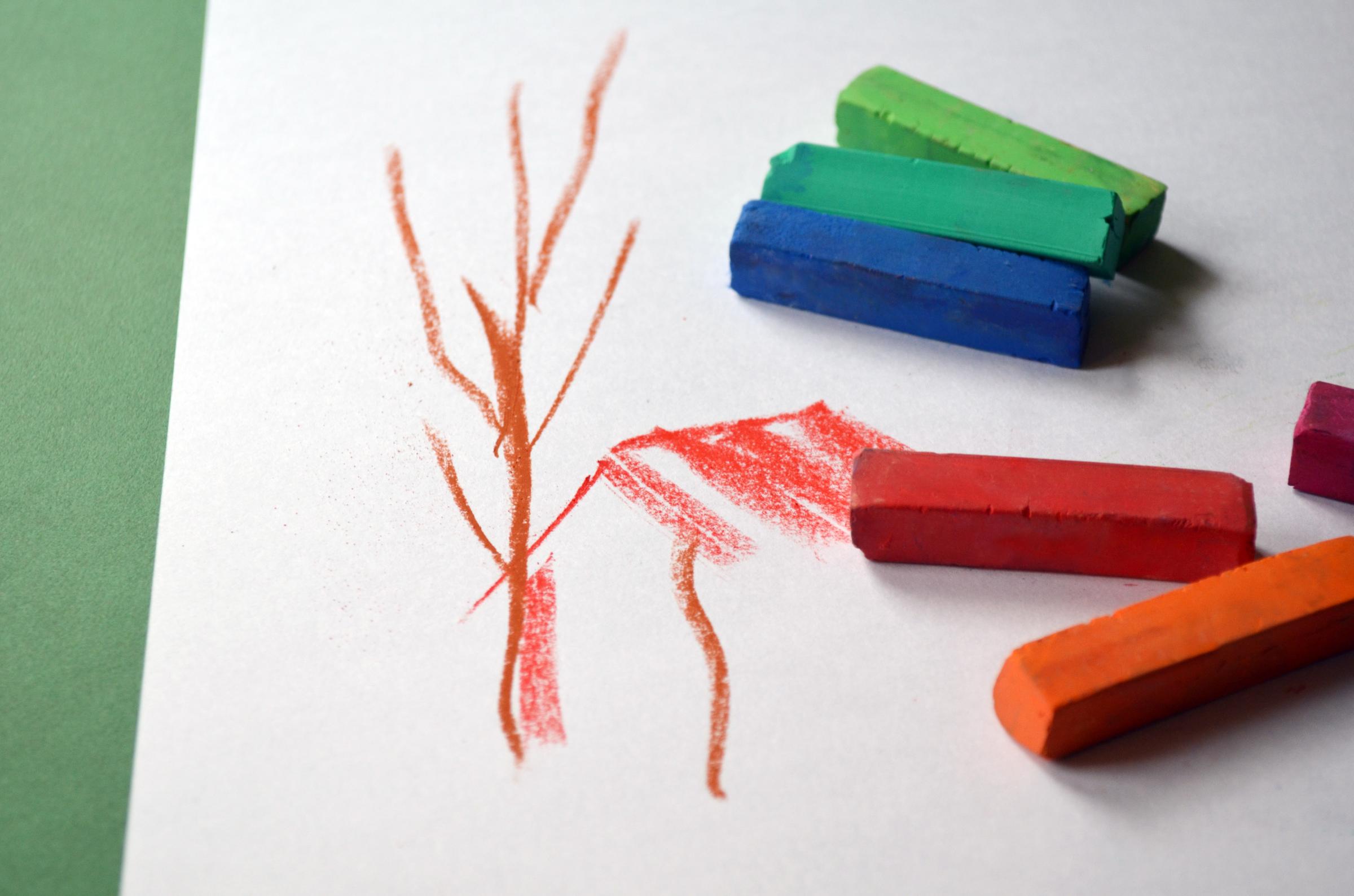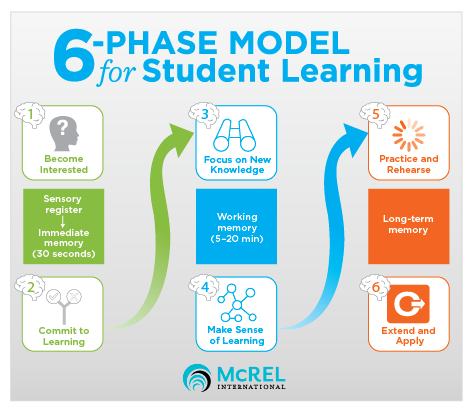Assistant Principal's news

Exercising Our Memory Muscle
As mentioned in a previous newsletter, the school’s Instructional Model has been developed with evidence-based research on the brain and how it learns and, in particular, the stages of memory.
Teachers know the stages of memory—and what happens between them—and thus, use strategies to help students strengthen recall.
Here is a summary of the six-phase model for student learning and what happens in the classroom at each phase to ensure learning is committed to memory:
- Become interested.
- Questioning-Teacher/student.
- Non-linguistic representation-Teacher.
- Turn and Talk/Think Pair Share.
- Story
- Warm-ups.
- Planned experience.
- Accessing prior knowledge.
- Commit to learning.
- “I’ve noticed in ….”, “You’ve been trying…”
- Today we are learning…
- A good reader… A good writer…. A good mathematician…
- Our learning intention is…
- Focus on new knowledge and Make sense of learning.
- Teaching through modelling.
- Whole class focus-mini lesson.
- Small group focus-explicit teaching.
- Directly relates to learning focus/goal.
- Practice and rehearse.
- Guided practise.
- Independent practise.
- Small group/partner work.
- Roaming/targeted conferencing.
- Peer conferencing.
- Extend and apply.
- Guiding questions.
- Shared examples of student work related to the goal.
- How does this relate to our learning/life?
- Next steps in learning/future goals.

